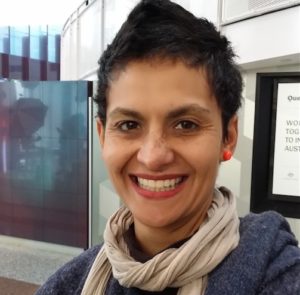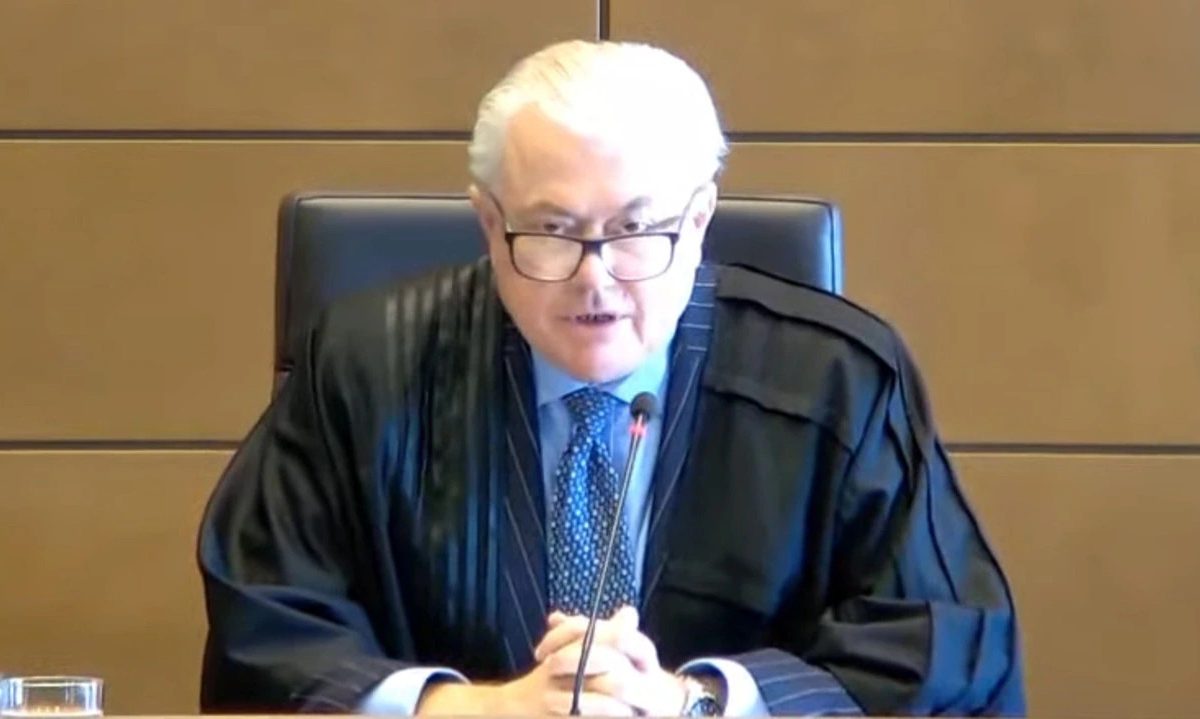“Google Classroom, now embedded in ACT education, is provided by a multinational platform that is notorious for harvesting user data for profit… Does student data held by Google vanish as soon as students leave the ACT education system? If not, why not?” asks TONI HASSAN.
E-LEARNING or information computer technology is a fixture in ACT schools but the rush to embrace it risks undermining ingenuity and young people’s capacity to be caring, calm and resilient under pressure.

After last month’s e-security breach (that saw offensive material shared en masse), ACT public school students could not access Google Classroom where high school and college students have their school work assigned and worked on.
In that time there was panic among students about how they would retrieve emails and essential homework in the “cloud”. Many students were distraught.
Ongoingly, how do they own their learning when Google Classroom appears to be such a fragile repository for their work?
So much ACT schooling is now online it could vanish or be inaccessible to students when “incidents” occur.
Is it wise to have so much tied up in a contract with one of the world’s biggest profit-making corporations? In the very least, shouldn’t information management practices be reviewed?
Our students are also increasingly subject to Big Data algorithms that thin their privacy and concentrate power in the hands of a global elite.
Technology is sold to us as a tool but it’s much more than that. It’s not value neutral. Google Classroom now embedded in ACT education is provided by a multinational platform that is notorious for harvesting user data for profit.
Just what is the arrangement the ACT Education Directorate has with the US tech giant? What does it cost? How does Google stand to benefit? Does student data held by Google vanish as soon as students leave the ACT education system? If not, why not?
A delegation of Canberra parents met with the directorate to ask these questions. We were pleased senior bureaucrats made time to hear our concerns. We were told of ongoing evaluations, but left with many queries unanswered.
The directorate has moved to assure families that after the “deeply regrettable” e-breach, a number of security enhancements have been made to the student G-mail system “to ensure our system is safe and secure”.
But this goes much further than access to a secure information system. What’s needed is a comprehensive review of the ACT’s Bring Your Own Device (BYOD) policy as part of a wide-reaching public investigation into screen-based technology in school education.
While acknowledging that online education can enhance learning, like any reform, the risks and downsides need to be managed.
There is a growing body of evidence that technology is undermining learning, creating distractions, undermining co-operation and the pro-social aspects of school.
The point of a school education is not merely the attainment of particular pieces of knowledge but the pursuit of human empathy. Our web world has made accessing new information and sharing it dead easy but caring in a social context, I’d argue, has become more difficult.
Social e-networks are easy to weaponise. Even the platform Google Classroom provides our students with for so-called collaborative learning can be used to affirm or condemn classmates when they are online.
Mobile phones in schools certainly provide schools with a conundrum. On one hand they might be the most potent learning tool in the history of education, but on the other they can be socially destructive on many levels.
Students can be accessing whatever they want whenever they want. Boys watching porn videos at lunchtime? Yes, it is happening. The ability to play or stream music on a smartphone also means that students often stick headphones in their ears and “tune out” rather than interact with peers for awkward but potentially rewarding conversation. And smart phones are the contemporary tool of choice for bullying.
And these devices shrivel genuine conversation and tolerance. That’s a problem given we construct and reconstruct their ideas of social reality through dialogue.
Teens will take risks by sharing views with parents, peers and teachers when they are supported to argue and negotiate in conversations that are motivated by people who want to listen, understand and resolve differences. This sort of skilled social construction boosts human development while protecting individuals from self deception. Pro-social dialogue, which helps students transition to emotional interdependence is best found and nurtured offline.
So, again, just what has been the impact of the BYOD policy on learning outcomes and the impacts on mental health and behavioural outcomes in the classroom and inevitably at home?
Studies show how deep reading is diminished by excessive screen use. Skimming words on a screen is a very different way of processing information with less opportunity for reasoning, critical thought and insight.
At the same time students here are subject to more testing regimes that reward students who learn the rules and play it safe (with their tests increasingly marked by machines rather than teachers).
As Peter Lewis, my colleague at the Australia Institute’s Centre for Responsible Technology asks: “Are we using technology to teach our kids or are we now deferring to technology as the teacher?”
Meanwhile, actual teachers, increasingly responding to emails with the student community after hours, appear to be suffering e-fatigue. What are the impacts on educators and in terms of classroom management and demand on time outside the classroom?
An inquiry with testimony from teachers, students and families would unearth stories and the evidence for the best course ahead.
As the election campaign heats up, I am among a growing number of Canberra parents who want to see each major party commit to a full public review of tech in schools early in the next term of government.
Toni Hassan is a Canberra parent and author of “Families in the Digital Age” (published by Hybrid).
Who can be trusted?
In a world of spin and confusion, there’s never been a more important time to support independent journalism in Canberra.
If you trust our work online and want to enforce the power of independent voices, I invite you to make a small contribution.
Every dollar of support is invested back into our journalism to help keep citynews.com.au strong and free.
Thank you,
Ian Meikle, editor





Leave a Reply